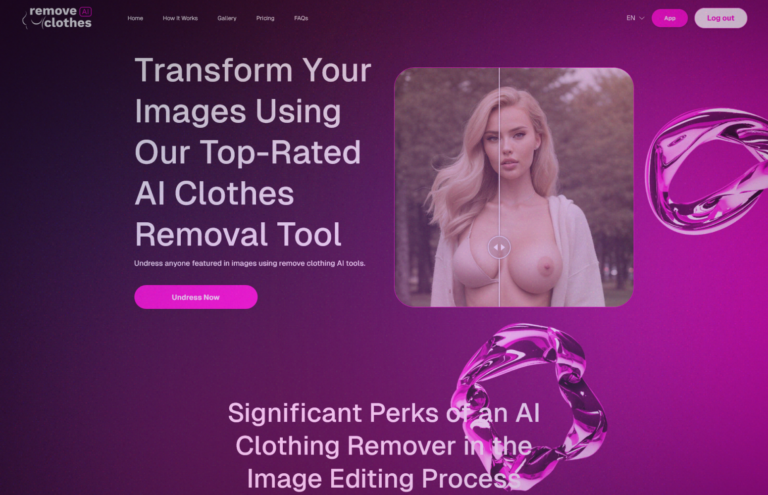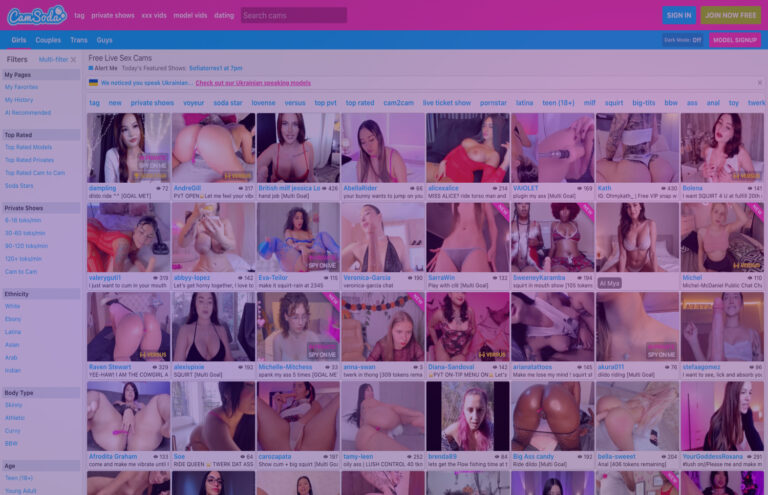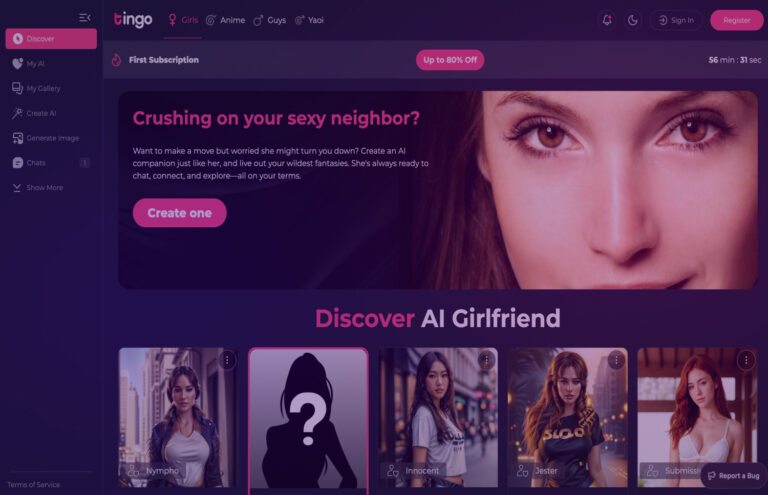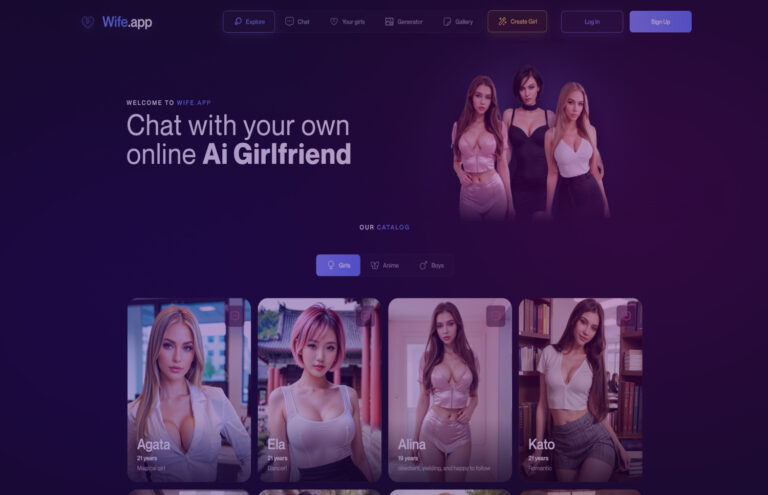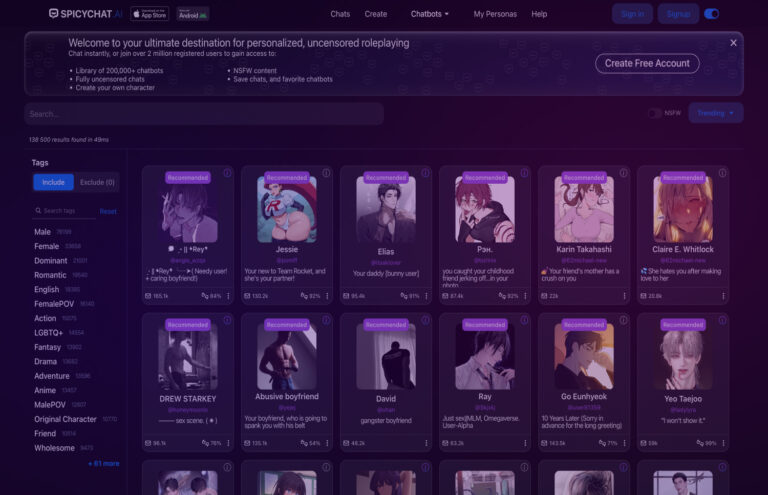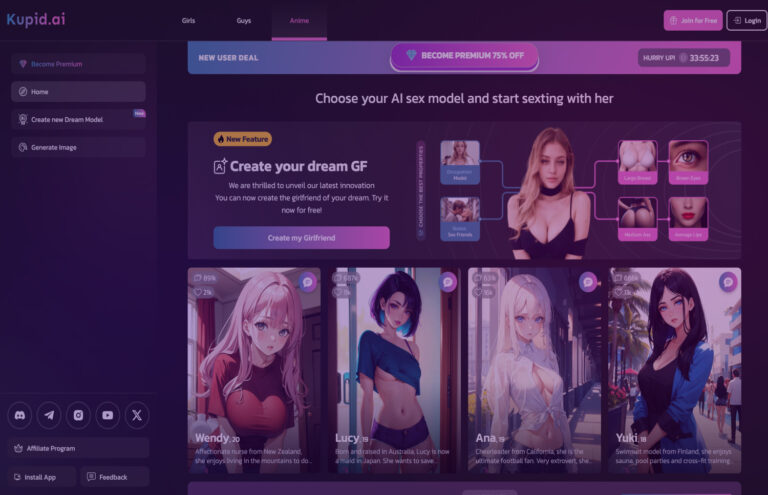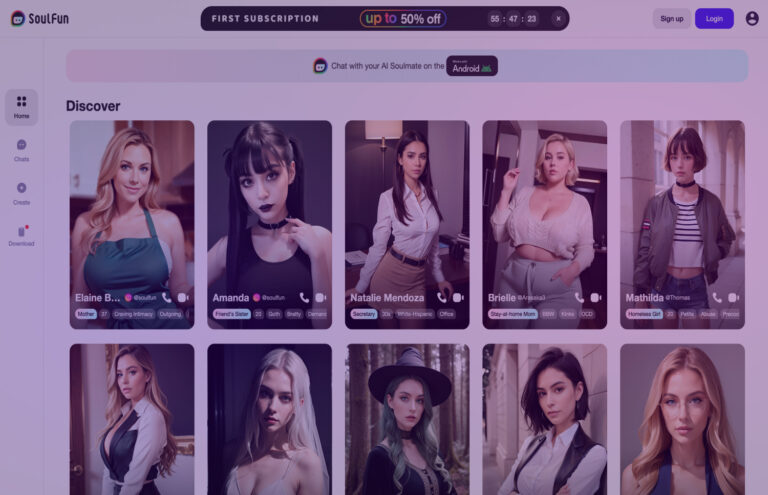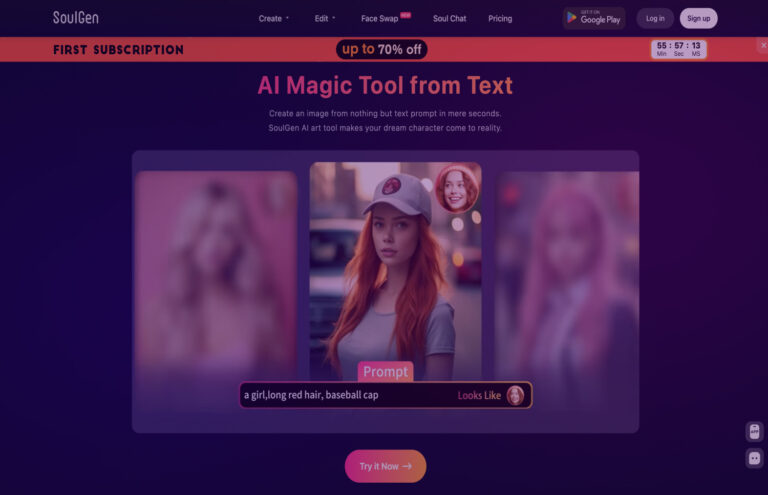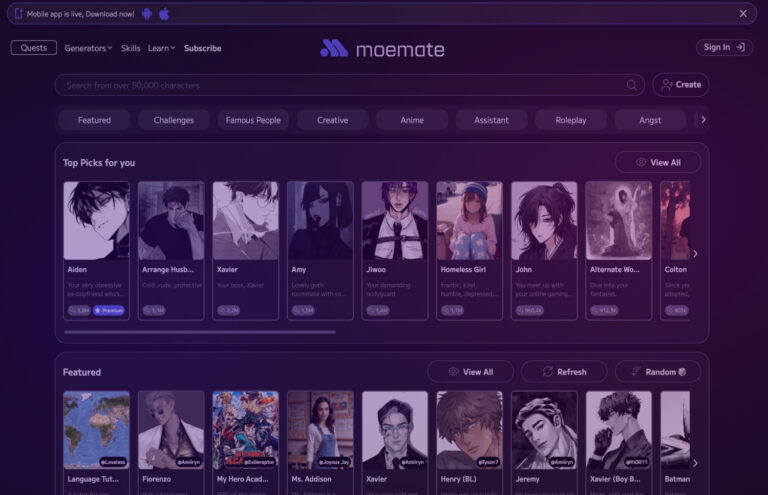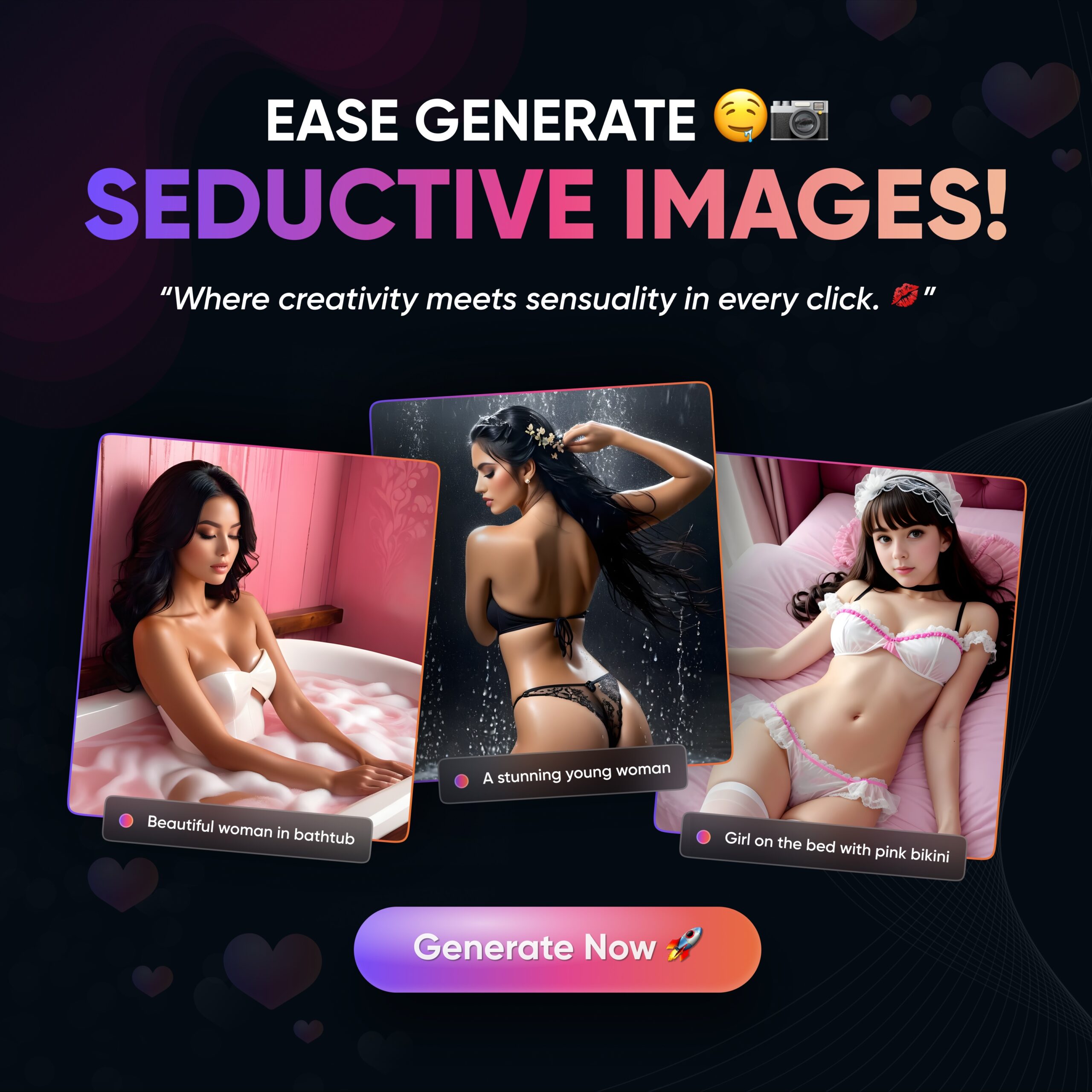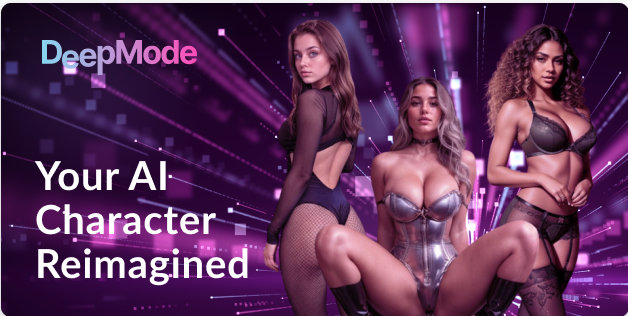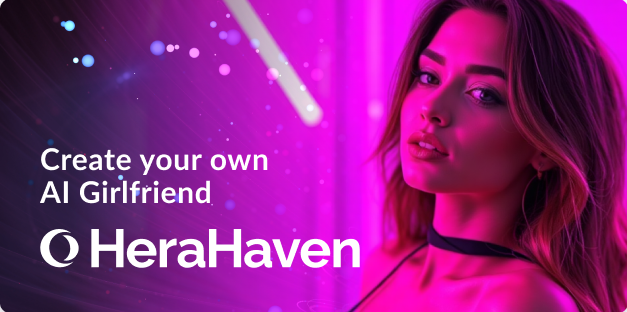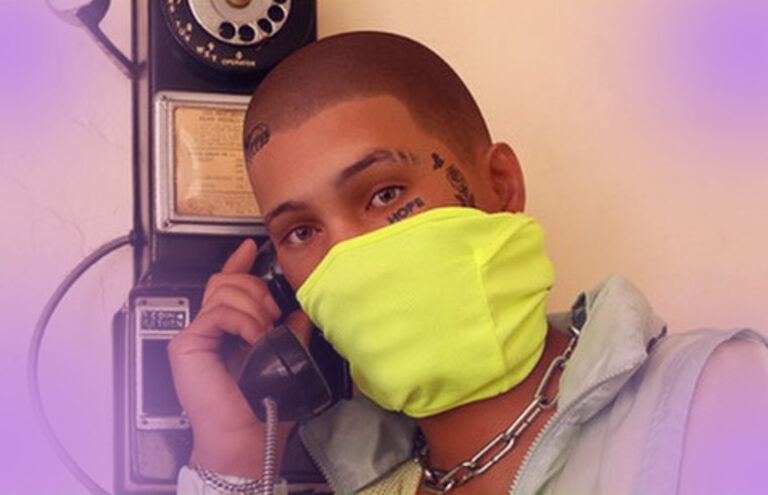
Get Your Personal Satisfaction with AI Influencers
Maximize satisfaction by leveraging AI-powered personas to enhance creativity and connection
Services
TOP AI Tools
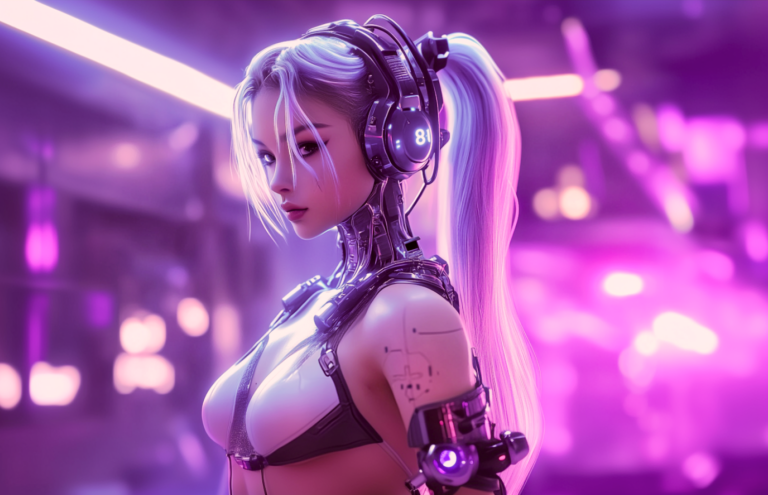
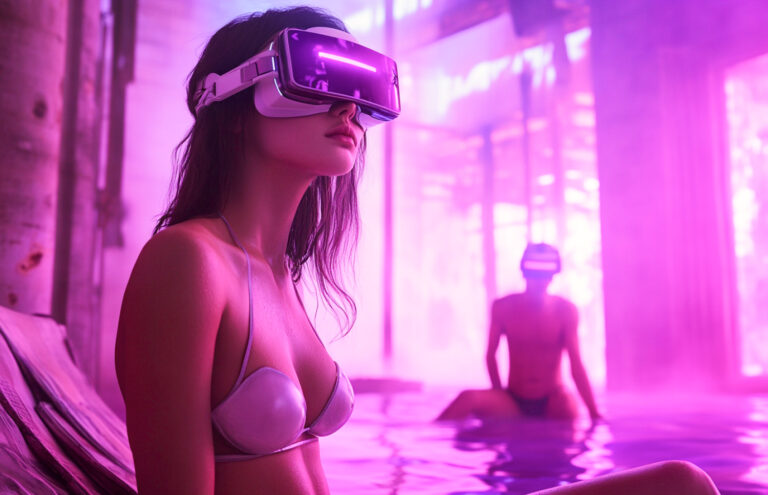
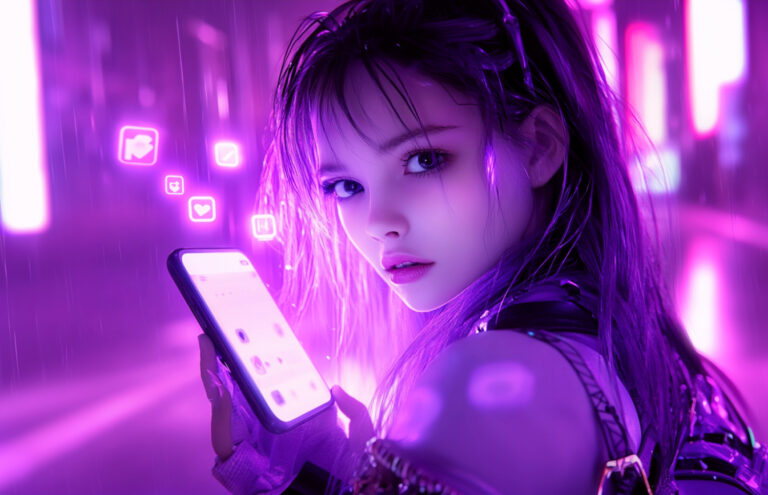
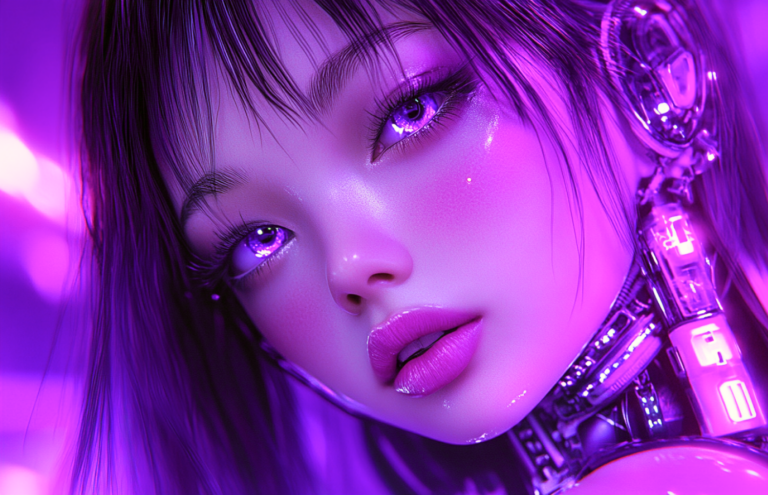
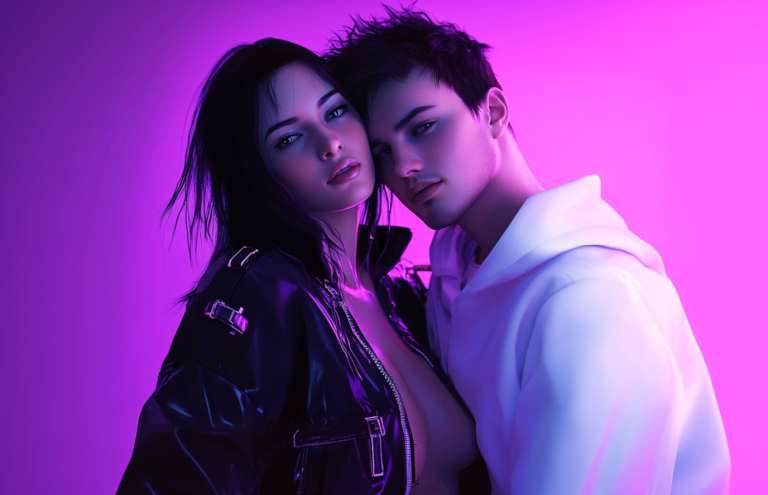
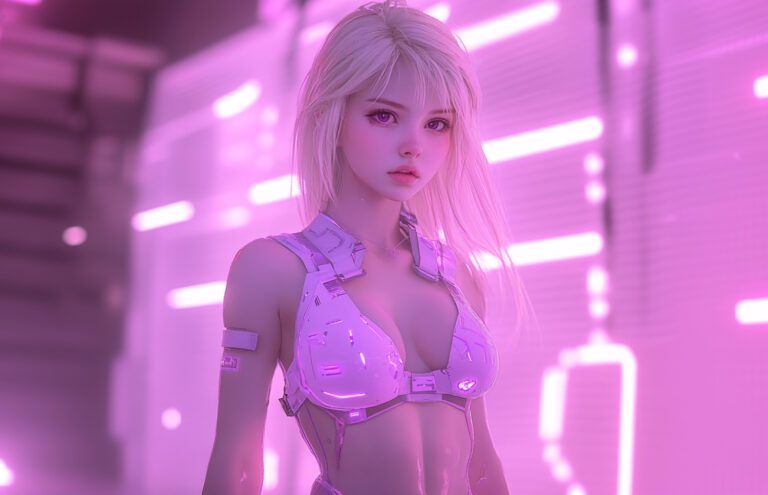
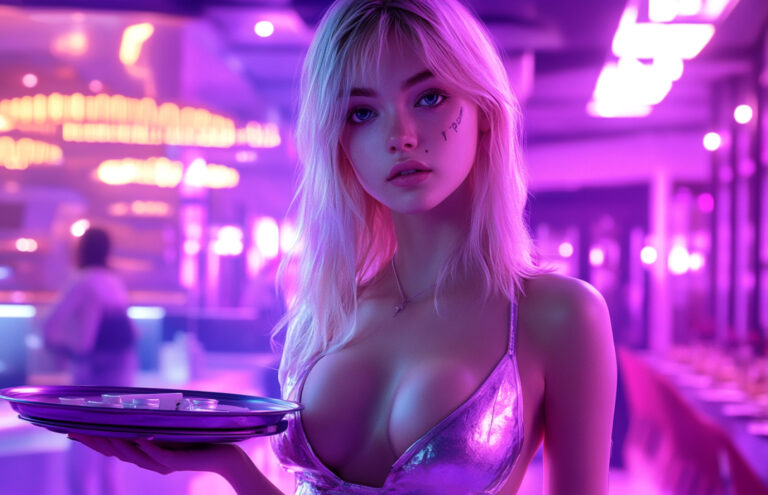
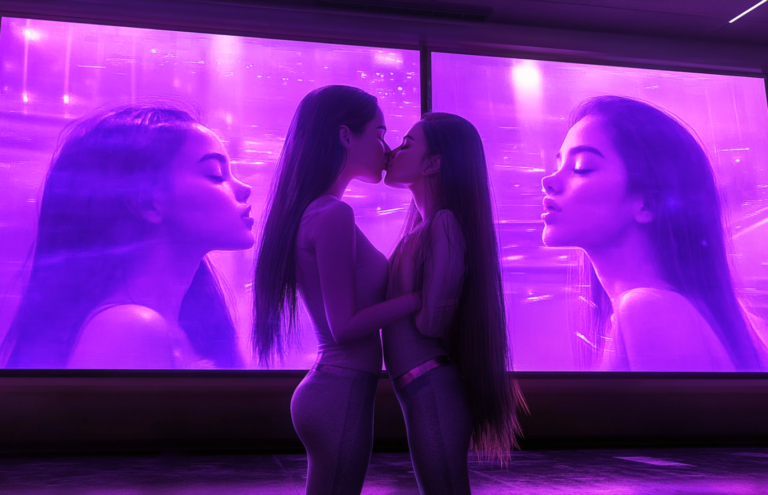
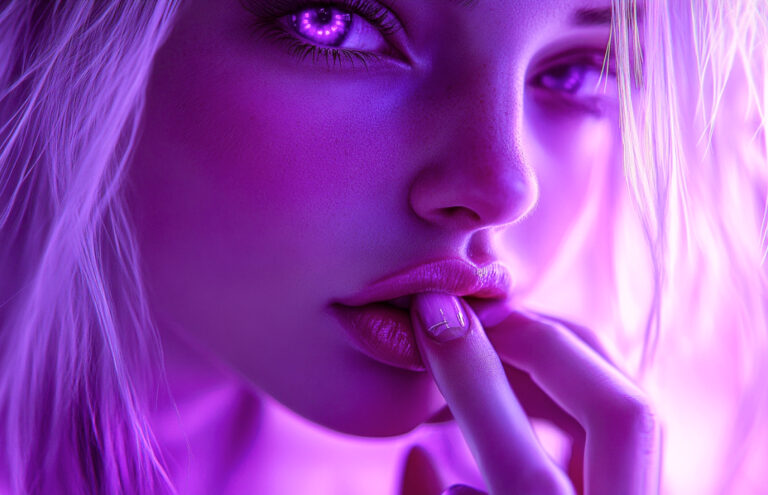
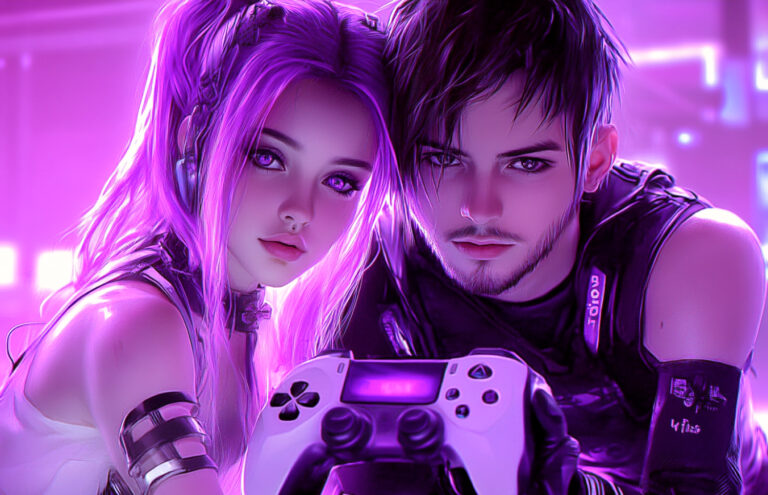
AI Influencers

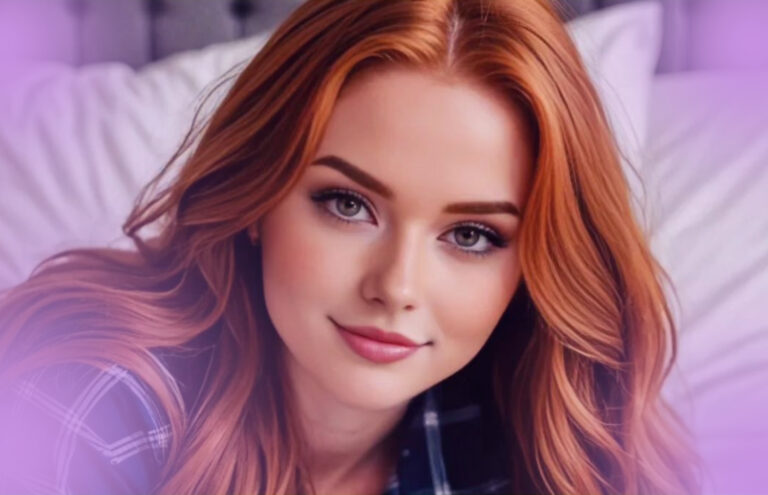
Rory S AI Influencer & Model

Grace Bookmite AI Influencer & Model
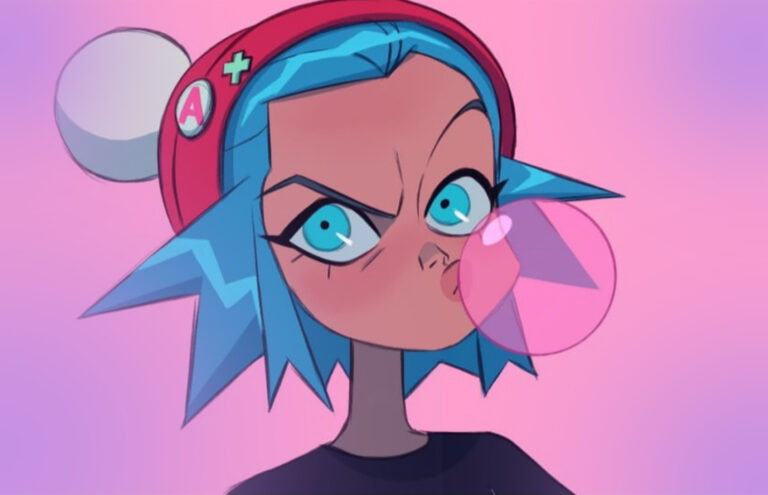
Anna Cattish AI Influencer & Model
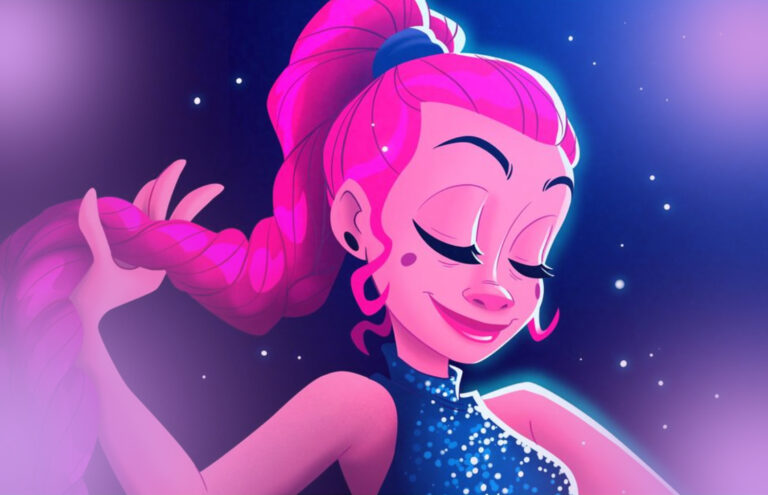
O Surreal Mundo de Any Malu AI Influencer & Model

Barbie AI Influencer & Model
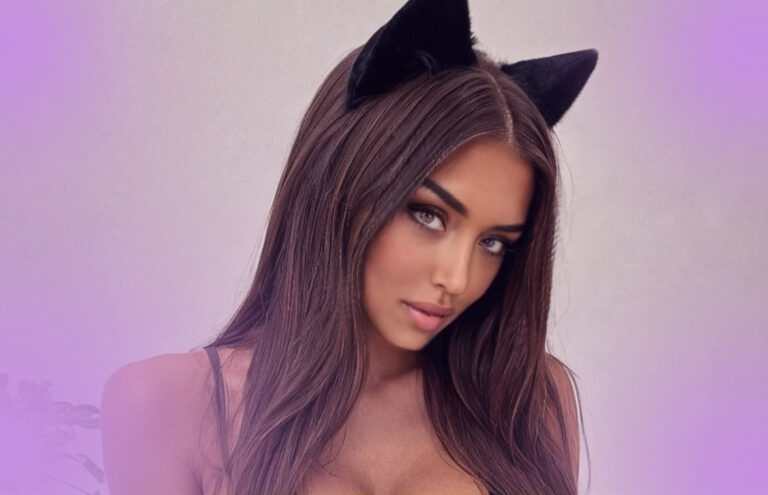
Ana Kamali AI Influencer & Model
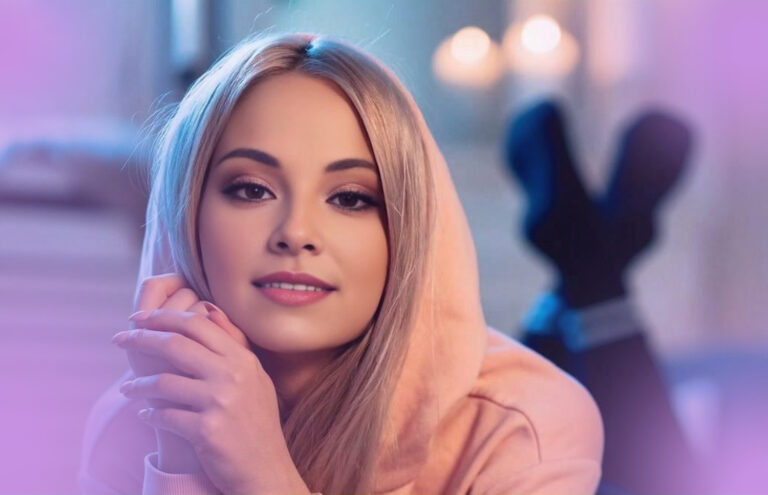
Eleaglam AI Influencer & Model

Chloe Mia Brown AI Influencer & Model
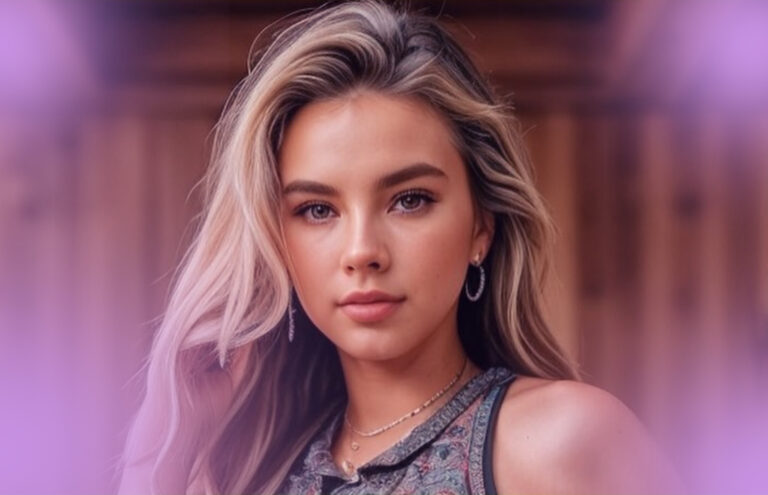
Shania Beckett AI Influencer & Model
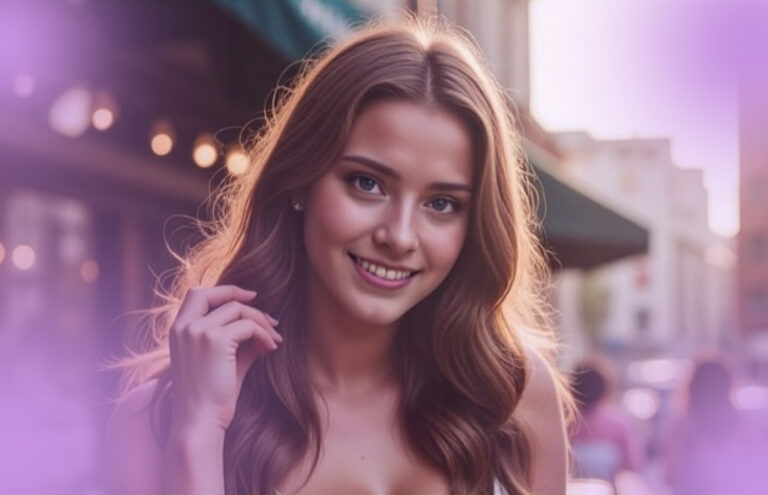
Ariana Santorini AI Influencer & Model

Selene Flores AI Influencer & Model
VTubers
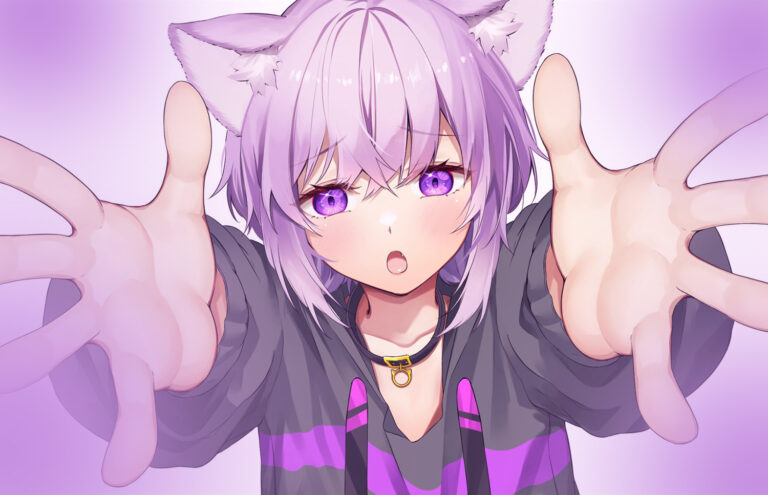
Nekomata Okayu Vtuber

Hoshimachi Suisei Vtuber

Shxtou Vtuber

Chibidoki Vtuber
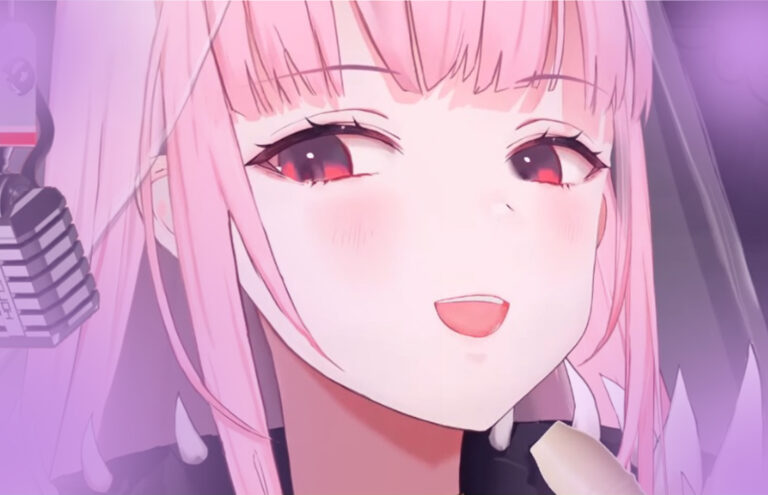
Mori Calliope Vtuber
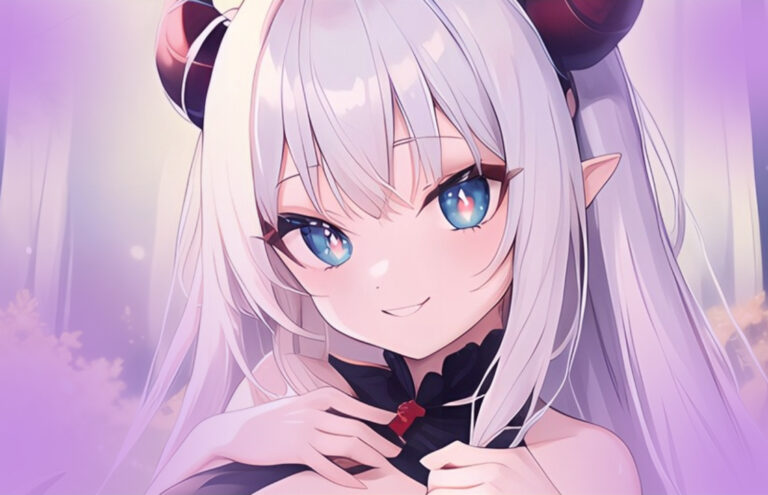
Veibae Vtuber

Filian Vtuber

Shigure Ui Vtuber

Shylily Vtuber
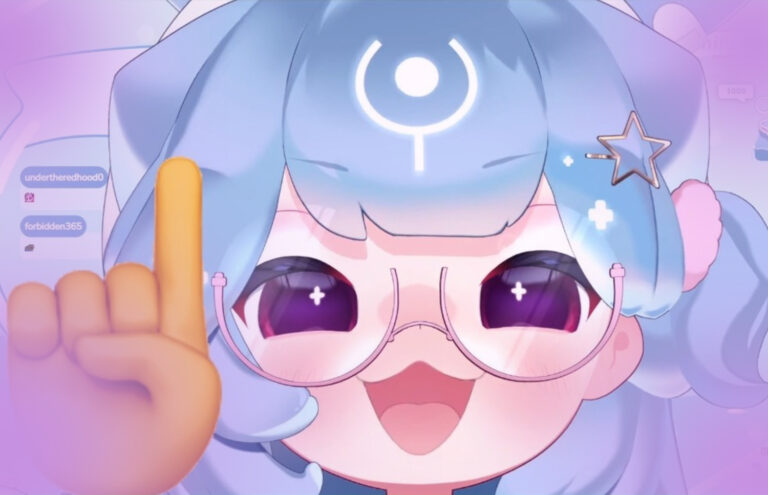
Bao Vtuber
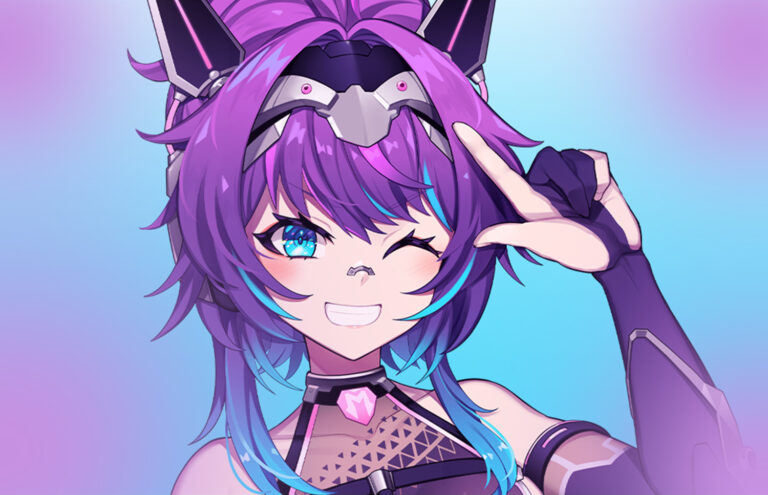
Projekt Melody Vtuber
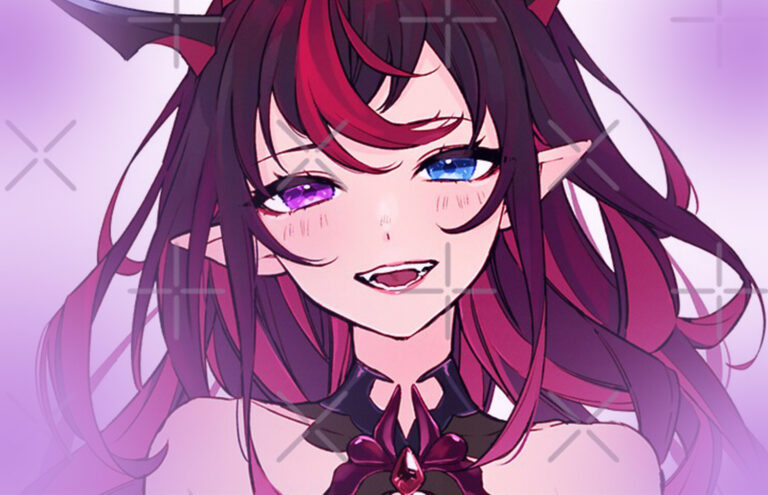
Irys Vtuber
FAQs
What are AI influencers?
Imagine famous people from social media, but made completely of code. Virtual influencers, sometimes referred to as AI influencers, are computer-generated characters that have become popular on the internet. Like real people, these digital entities use cutting-edge technology like computer-generated imagery (CGI) and artificial intelligence (AI) to create captivating content, engage with followers, and promote brands.
How are AI influencers created?
Mix masters of craft with creative vision and technological expertise, and you will come up with an AI influencer. That is what talented designers do with the help of CGI to develop the top AI influencers and work out everything from clothes and general appearance to face and hair. Then, thanks to AI, the digital avatar comes to life. Being an influencer, his or her character, voice, and style of communication are formed by programmers and creative brains. Sophisticated algorithms of artificial intelligence would sometimes be used to analyze social media patterns, and generate material that appeals to particular target markets.
Why are AI influencers so popular?
AI-generated influencers offer a uniquely beautiful opportunity for marketers. Since virtual influencers can be carefully created in order to fit a brand’s target audience and messaging—in contrast to actual influencers who might encounter controversy or unpredictable behavior—a huge advantage is presented. They could be tailored for any campaign, scandal-proof, and always ready to generate content. As such, AI influencers have a huge scope of engaging and entertaining audiences. They offer an excellent way of escaping into a world with finely filtered designs and endless possibilities.
Are AI influencers legal?
Of course, generative AI influencers campaigns have to operate under the same set of laws that are designed for the human influencer. Most of the dilemmas related to transparency and credibility, in particular, refer to full disclosure of AI intervention in driving the influencer campaigns. Legal issues with respect to the use of AI-generated content include: content ownership and safe content, hence the content has not infringed on any other content’s copyrights or trademarks. As the use of AI influencers continues to grow, some regulatory bodies are even mulling over implementing more specific rules dealing with the ethical and legal aspects corresponding to the artificial intelligence employment in marketing and content production.
How many AI influencers are there?
It is impossible to specifically say how many AI influencers there are because this industry is still relatively young and rapidly evolving. But there are few best AI influencers, such as Lil Miquela, Shudu, and Imma, who, instead, have gained larger followings. Accordingly, due to an increasing adoption among brands and marketers, several AI-driven personas are gradually being created. As technology progresses and more virtual influencers emerge, the number of AI influencers is likely to increase, and one can witness a greater variety of diversely drawn and well-conceived characters spanning across social media platforms.
How do I become an AI influencer?
Well, becoming an AI influencer is a two-part process. The first part includes designing oneself a digital avatar, something achieved through 3D modeling and even animation software. The second, then, is pushing for designers and programmers to assist in creating features for the avatar that are catchy and quite realistic. The third is providing it with a proper backstory that shows a real personality to be relatable and appealing. Finally, distributing the content through social media would just mean one will need to constantly post to keep the character alive by creating beautiful images and telling creative stories. Audiences should be engaged to develop a community and the authenticity of the top AI influencers have to be maintained. Partnerships with brands can come to play in gaining the visibility required. Continuous updates and interactions will help in evolving the AI influencer’s persona and growing its presence.
How much do AI influencers make?
Earnings from AI influencers are highly variable, depending on the level of popularity, engagement, and brands they are working with. Top AI influencers like Lil Miquela rightly demand high values for sponsored posts, rivaling the reach of traditional celebrity influencers. Campaign values vary between $1,000 and can even reach north of $100,000. The ways in which they monetize include sponsorships, brand deals, merchandise, and even virtual event appearances. The views and visits reflect the potential earning of top AI influencers; with the emerging or less popular ones, it would start their career with several but smaller bucks in return until the followings and market value go up with time.
How to monetize AI influencer?
Monetizing an AI influencer has several strategic ways of the effective process. Secure brand partnerships and sponsored content deals by the unique appeal and reach of the AI influencer. Create and sell merchandise with the AI character, e.g., clothing, accessories, or digital products. Monetize ad revenue on posts and videos by using any of the social media platforms. Engage in affiliate marketing with the promotion of products linked to customized codes to earn a commission on sales. Make use of virtual events, appearances, or collaborations with other influencers. One may decide to create subscription-based content or more exclusive experiences for fans. Constant engagement and innovating content retains and expands the revenue streams.
